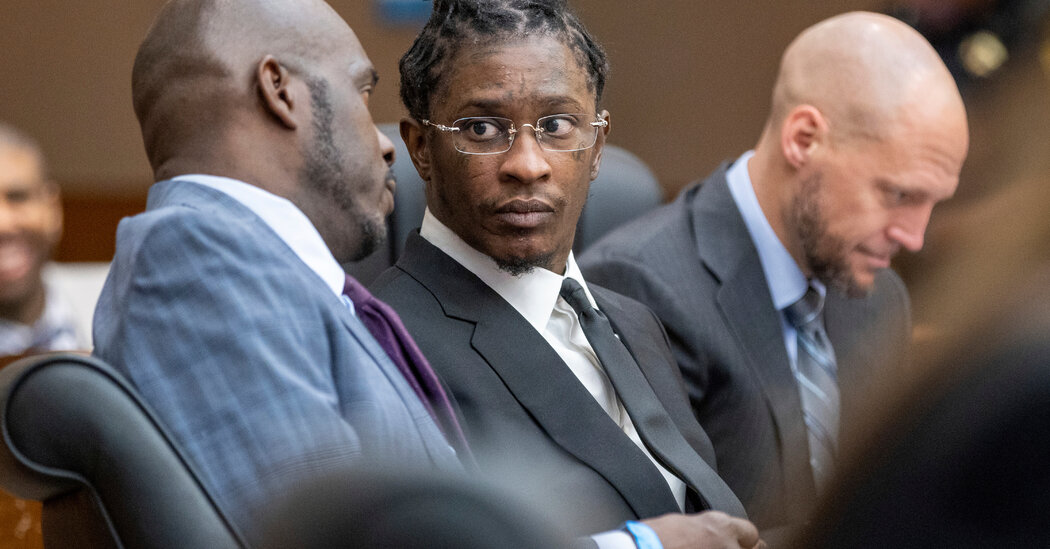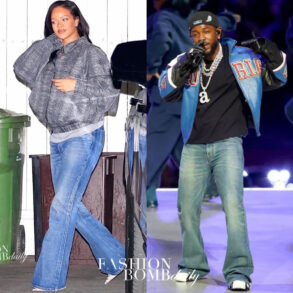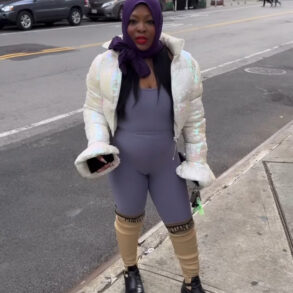
Hip-hop collective or street gang? In a blockbuster case against the famed Atlanta rap crew YSL, headed by Young Thug, prosecutors say it is both.
When the racketeering and gang conspiracy trial of Jeffery Williams, best known as the chart-topping rapper Young Thug, began on Monday in Atlanta, the star defendant had been in jail for 567 days.
Already estimated to last the better part of a year, the trial took nearly twice that long to even get going, with the case’s legal intricacies, unforeseen courtroom dramas, plea deals and various other delays leading to a jury selection process that lasted nearly 10 months.
Much about the case — which seeks to answer whether one of the most famous and influential rappers of his time was also spearheading a violent criminal enterprise — could be described as epic, including its scope, with alleged crimes from 2015 to 2022; its effect on rap music and the city that remains one of the genre’s centers for innovation; and its entanglement with the potential legal fate of former President Donald J. Trump.
In August, a grand jury convened by District Attorney Fani T. Willis of Fulton County indicted Mr. Trump and others in a conspiracy to overturn the 2020 election in Georgia under the same criminal racketeering law, or RICO, used to charge Young Thug.
But first, in something of a practical test for Ms. Willis’s creative use of Georgia’s RICO statute, there is YSL.
Prosecutors say that Young Thug’s YSL, or Young Slime Life, is a subset of the national Bloods led by Mr. Williams, who ordered and oversaw crimes including murder, attempted murder, armed robbery, witness intimidation and drug dealing. Mr. Williams has pleaded not guilty and denied all of the charges; he was initially charged alongside 27 associates, but after a slew of guilty pleas and severed cases, he is now standing trial with five individuals.
This post was originally published on this site be sure to check out more of their content.








